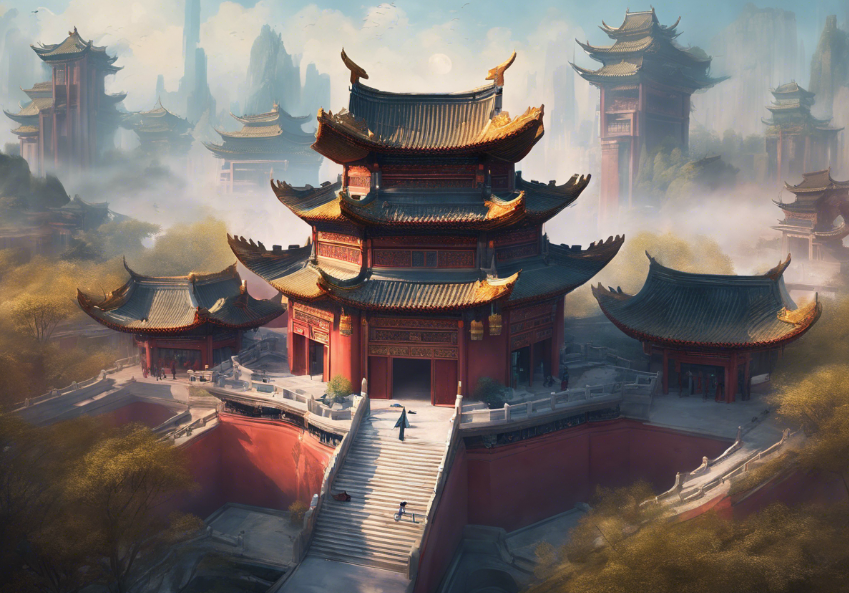
In a groundbreaking decision, the Beijing Internet Court has set a precedent by awarding copyright protection to AI-generated images, challenging the prevailing notion that AI creations cannot be copyrighted. The case, which revolved around the unauthorized use of AI-generated images of a Japanese school girl, marks a significant departure from the stance taken by Western courts.
The court's ruling emphasizes that AI artworks can be copyrightable, asserting that these creations possess a level of "originality" and reflect human creative intellectual input. Unlike Western jurisdictions that have rejected copyright protection for AI-generated images due to the absence of human authorship, the Beijing Internet Court argues that the human element involved in setting parameters and selecting the final image warrants copyright protection.
The plaintiff, Mr. Li, utilized an AI model to generate an image of a Japanese school girl 'idol,' which he then published on Xiaohongshu, a Chinese social media platform similar to Instagram. The lawsuit ensued when a blogger allegedly took the image, generated variations, and published them without permission, prompting Li to file a copyright infringement suit.
The court sided with Li, asserting that the AI-generated images met the criteria of "originality" and reflected a human being's original "intellectual investment." This decision challenges the prevailing narrative that China strictly controls generative AI, suggesting a more business-friendly stance in AI regulation, according to legal experts.
Angela Zhang, a law professor at the University of Hong Kong, highlighted on Twitter that the ruling signifies China's proactive approach to AI regulation, emphasizing growth and business friendliness. Contrary to popular belief, China's regulations on generative AI, though initially strict, were later watered down significantly, allowing companies like Baidu and SenseTime to launch their chatbots.
The court's ruling sets a different direction for AI intellectual property (IP) law, as it contradicts the trend observed in Western countries. Previously, AI images struggled to secure copyright protection, with the U.S. Copyright Office changing its decision regarding copyright protection for a comic book containing AI-generated images. While South Africa allowed an AI system to obtain patent protection, other jurisdictions, including the U.S., the U.K., and Europe, have rejected such claims.
The Beijing Internet Court's decision challenges the existing narrative surrounding AI-generated content and opens new possibilities for the legal recognition and protection of AI creations on a global scale. As the landscape of AI regulation continues to evolve, this landmark ruling in China may influence the future direction of AI intellectual property laws worldwide.